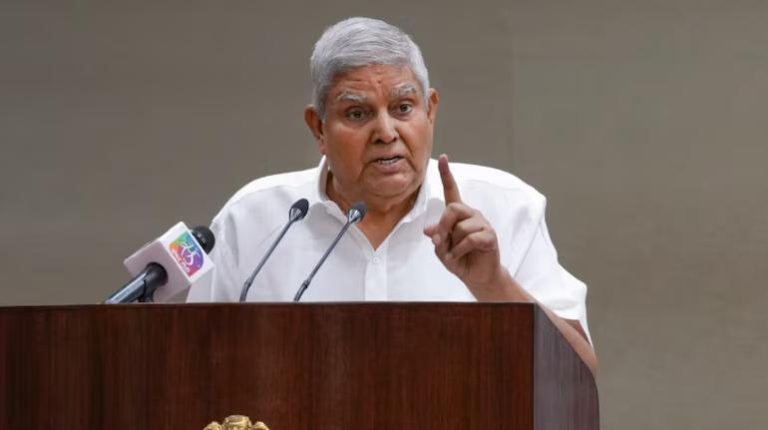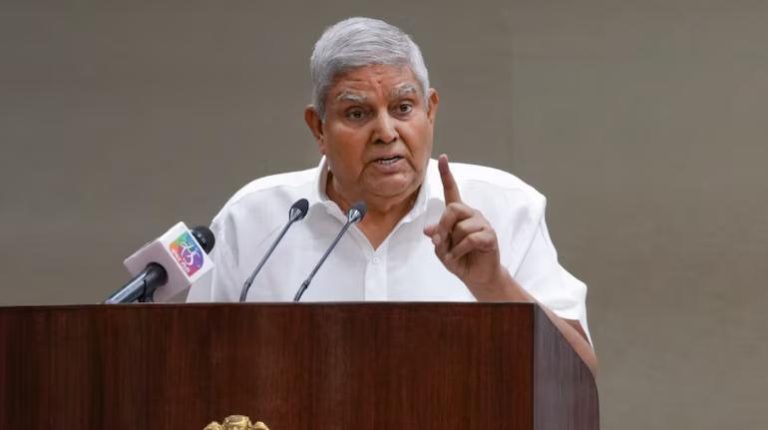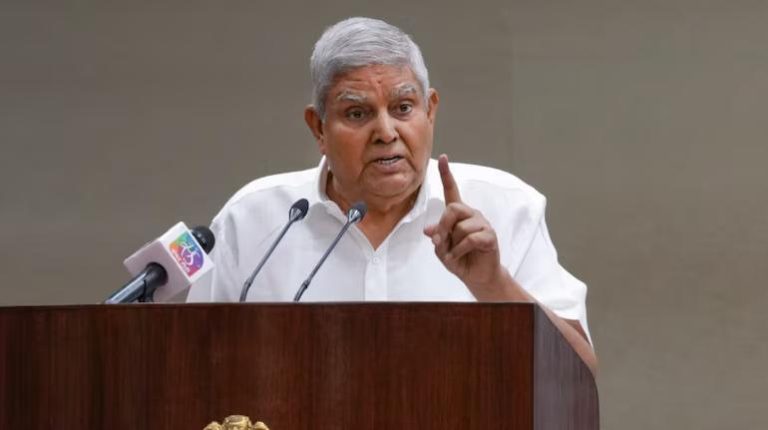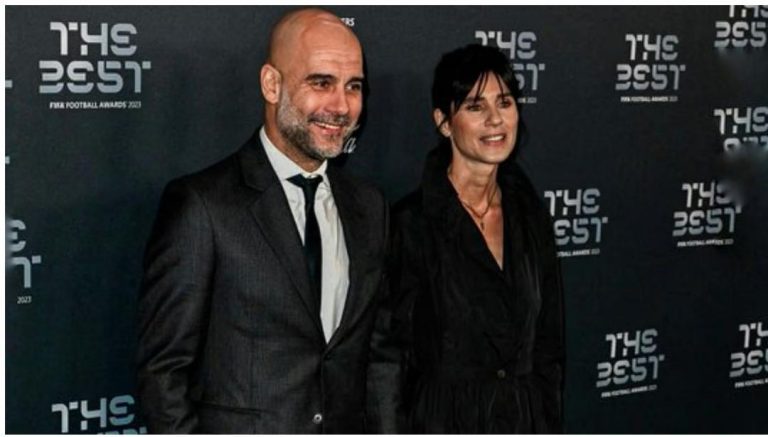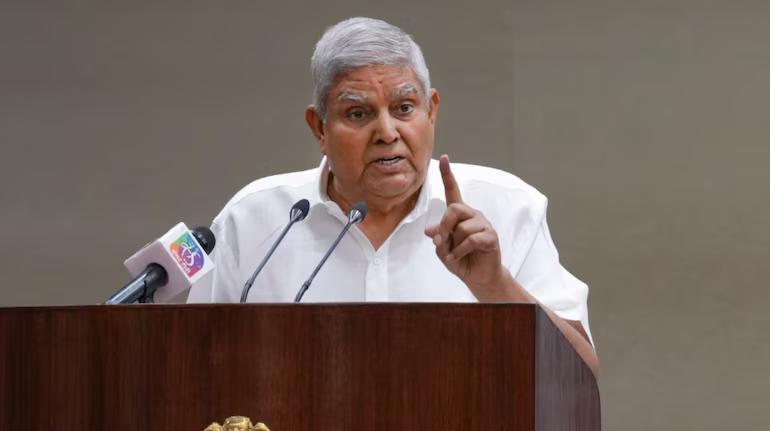
Terrorism is a Global Menace: Vice President Jagdeep Dhankhar Condemns Pahalgam Terror Attack
In the wake of a devastating terror attack in Pahalgam, Jammu and Kashmir that claimed the lives of at least 26 innocent people, Vice President Jagdeep Dhankhar has condemned the heinous act, terming it a stark reminder that terrorism is a global menace. The attack, which took place on Friday, has sent shockwaves across the nation, with people from all walks of life expressing outrage and grief at the senseless loss of life.
In a statement, Vice President Dhankhar joined the nation in expressing profound grief and outrage at the attack, saying, “I join the nation in expressing profound grief and outrage at the heinous attack in Pahalgam that claimed innocent lives. It is a reminder that terrorism is a global menace.” His statement underscores the gravity of the situation, highlighting the fact that terrorism is a problem that affects not just one region or country, but the entire world.
The Pahalgam attack is the latest in a series of terror incidents that have shaken the nation in recent months. From Pulwama to Uri, and from Pulgaon to Nagrota, the list of terror attacks in Jammu and Kashmir is long and disturbing. These attacks have left a trail of destruction and devastation in their wake, claiming the lives of hundreds of innocent people, including security personnel, civilians, and tourists.
Despite the passage of time, the attacks continue to happen, with no end in sight. The reasons behind these attacks are complex and multifaceted, but one thing is clear: terrorism is a global problem that requires a coordinated and sustained response from governments, civil society, and individuals around the world.
Terrorism is a menace that affects not just the immediate victims of these attacks, but also the families and communities that are left to pick up the pieces. It is a menace that erodes trust and confidence in institutions, fuels hatred and intolerance, and undermines the very fabric of our society. It is a menace that requires a sustained and multifaceted response, involving not just military force, but also economic development, social inclusion, and political engagement.
As the Vice President’s statement underscores, terrorism is a global menace that requires a global response. It is a problem that cannot be solved by any one country or region alone, but requires cooperation and coordination among nations, international organizations, and civil society.
In this context, it is heartening to see that the international community has condemned the Pahalgam attack in the strongest possible terms. From the United States to the European Union, from China to Russia, the international community has expressed solidarity with the people of India and condemned the attack.
However, condemnation alone is not enough. What is needed is a sustained and coordinated effort to combat terrorism, both at home and abroad. This requires a multifaceted approach, involving not just military force, but also economic development, social inclusion, and political engagement.
At home, this means strengthening our security apparatus, improving intelligence gathering and sharing, and enhancing cooperation between law enforcement agencies and the military. It means also addressing the root causes of extremism, including poverty, inequality, and social exclusion, and promoting economic development and social inclusion.
Abroad, this means working with other countries to combat terror financing, disrupt terror networks, and share intelligence and best practices. It means also promoting economic development and social inclusion in regions prone to extremism, and engaging in political dialogue and diplomacy to address the root causes of conflict and instability.
In conclusion, the Pahalgam attack is a stark reminder that terrorism is a global menace that requires a global response. As Vice President Dhankhar’s statement underscores, it is a problem that affects not just one region or country, but the entire world. To combat this menace, we need a sustained and coordinated effort, involving not just military force, but also economic development, social inclusion, and political engagement. We need to work together to address the root causes of extremism, promote economic development and social inclusion, and combat terror financing and propaganda.
Only then can we hope to eradicate this scourge and create a safer and more peaceful world for all.
